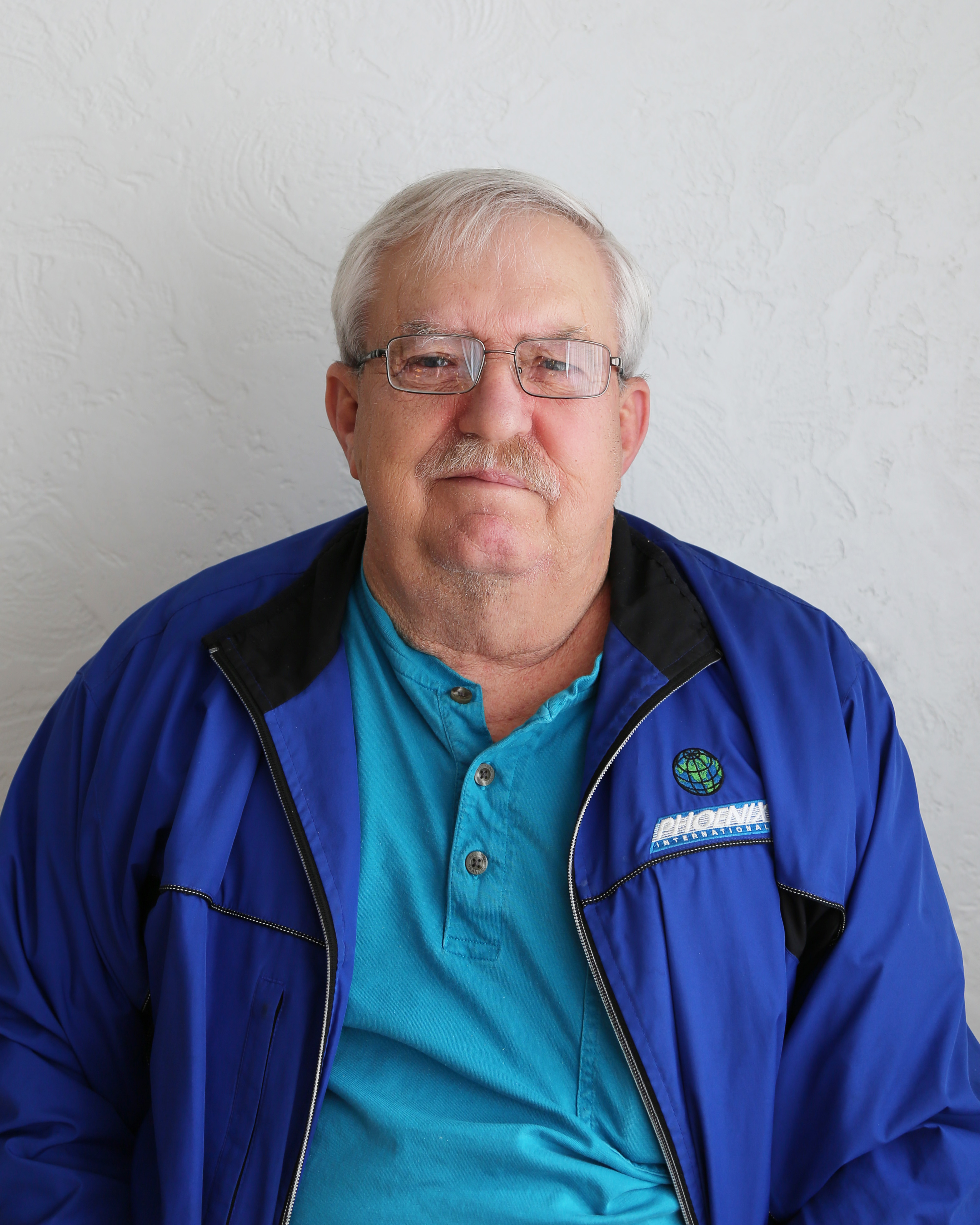
Published on December 9, 2022
Read Time: 3 Minutes
David Baker, of Steelville, Missouri, is thankful for an important visit to his Phelps Health cardiologist 2 years ago. David, who is 69 and has a history of heart issues, was experiencing shortness of breath.
His cardiologist, sensing something wasn’t right, sent him to have X-rays and a cardiac catheterization procedure, which involves guiding a thin, flexible tube (catheter) through a blood vessel to the heart to diagnose or treat certain heart conditions, such as clogged arteries or irregular heartbeats.
After confirming it wasn’t David’s heart causing the shortness of breath, he was given a diagnosis: stage 3A lung cancer.
“They did a needle biopsy of the lung [at Phelps Health] and found that it wasn’t in the lymph nodes. They did a brain scan (magnetic resonance imaging or MRI) and a PET (positron emission tomography) scan, too,” David said, noting the cancer was isolated to his lungs.
For David, deciding to pursue cancer care at the Phelps Health Delbert Day Cancer Institute (DDCI) just made sense.
“I was already seeing providers at Phelps Health, and I was happy with everyone who I had been working with for the last few years,” said David, who also uses Phelps Health for his primary care needs. “I really liked the people at the DDCI, too.”
David’s oncologist (cancer doctor) was Kan Huang, MD, PhD, MS, a medical oncologist and hematologist and the medical director of the Infusion Center at the DDCI. His treatment included 6 weeks of radiation every day and chemotherapy for 6 weeks, once a week, followed by a year of immunotherapy.
“I’m through all of that now,” said David, who is in remission. “I’ve been going for scans every 3 months.”
After his last scan, David currently needs scans every 6 months. The Steelville resident had wonderful things to say about his cancer care team.
“I could tell they all really cared,” David said. “If you had any kind of issues, they would see what they could do to help you. They were always friendly. Going through an experience like this is hard on the mind. When you’re getting treatment, it’s nice to know that you’ll be facing pleasant people. Katie was an oncology nurse who I saw most of the time. She was always nice. She would talk about her family and how we both enjoyed spending time on the water.”
David also appreciated getting cancer care close to home.
“I had a relative who traveled to St. Louis for treatment,” David said. “I remember him being pretty miserable having to make that long drive. For me, going to the DDCI only took 2 or 3 hours in comparison. It didn’t mess up my whole day.”
Now that he is on the other side of his cancer journey, David does his best to remain positive.
“Well, I guess you don’t ever feel like it’s completely behind you,” David said. “You have days where you think, ‘Well, the cancer can come back.’ You just try to press on and think about the good times.”
David, who smoked for over 40 years, also has advice for current cigarette smokers.
“You think you can’t quit because you’re hooked and you are, physically and mentally,” said David, who drove a semi and smoked heavily during his years on the road. “But you can quit. It took me having a heart attack to quit [7 years ago]. And then cancer came up. I wish I’d quit 20 years sooner.”
Make the Decision to Quit Today
You can quit, and you don’t have to do it alone. Visit quitnow.net for local resources to help you quit smoking.
Did you know Phelps Health has a lung cancer screening program to detect lung cancer in the early stages? Find out if you are a candidate for this preventive screening.